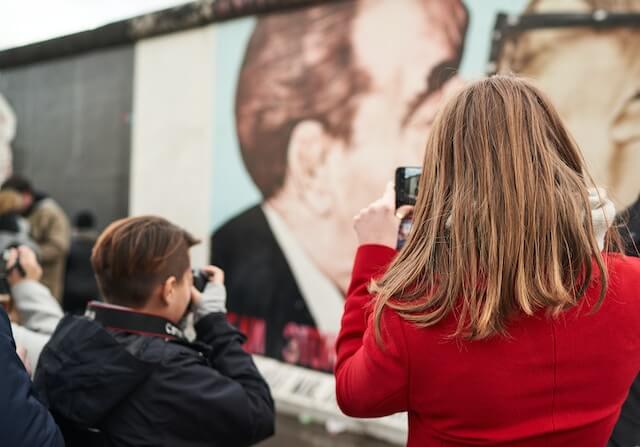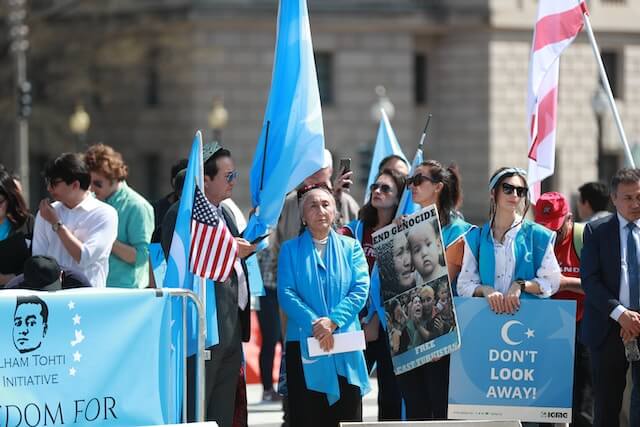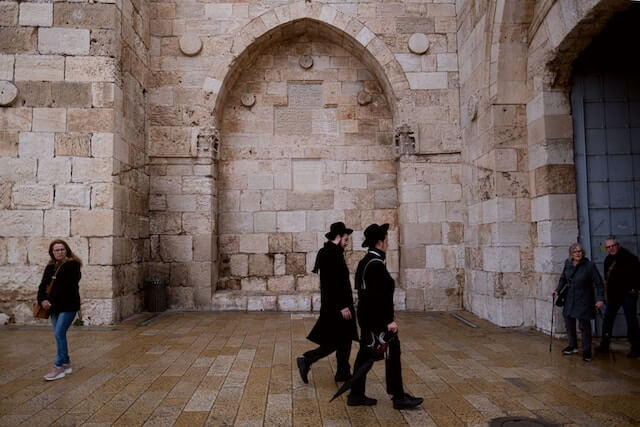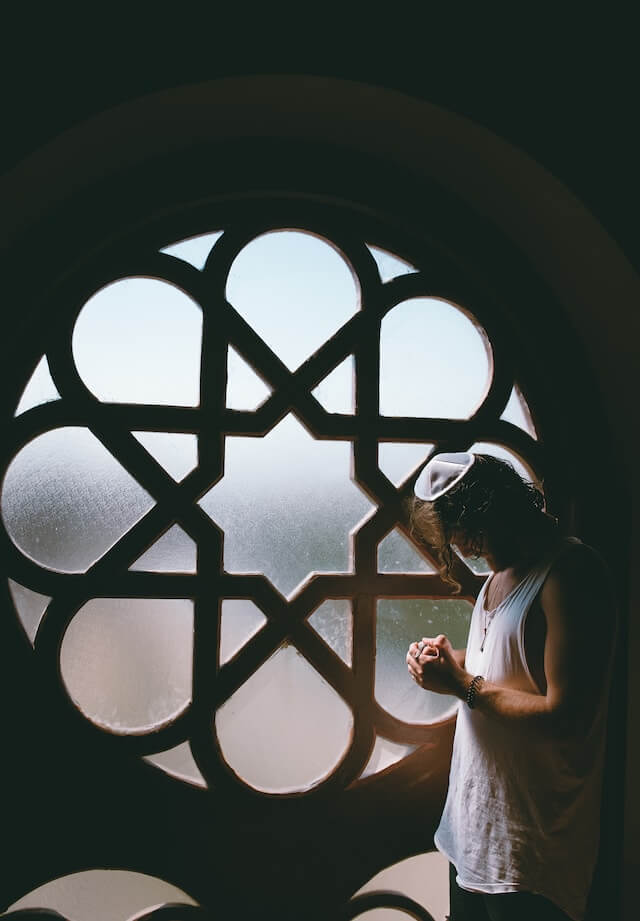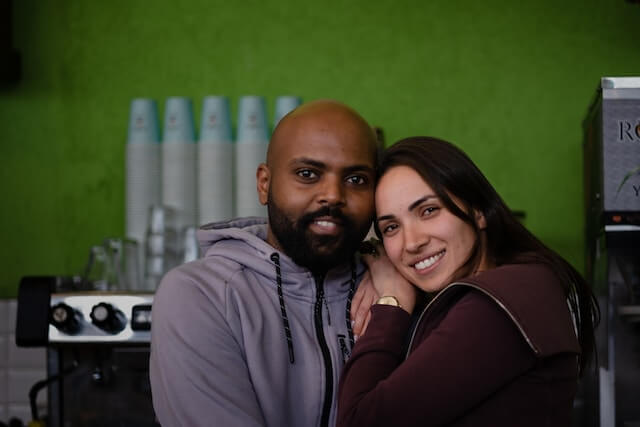Are you feeling stressed and in need of a quick...
Read MoreUnveiling the Essence of Jewish Society
In the vast digital landscape, creating engaging and informative website content is essential for connecting with diverse audiences. When it comes to discussing Jewish society, it is crucial to provide an accurate portrayal of its history, culture, traditions, and contributions. This article will delve into the intricacies of Jewish society, exploring its rich heritage and shedding light on the key aspects that define it.


